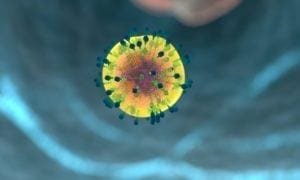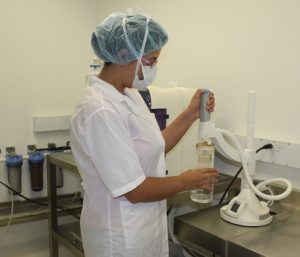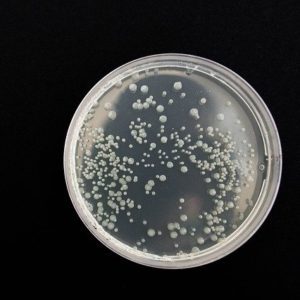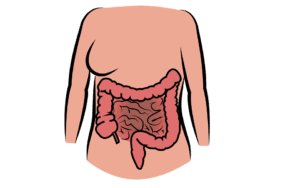Primary Immunodeficiency (PI) Diseases
What is primary immunodeficiency (PI)?
Primary immunodeficiency (PI) diseases are inherited immune system disorders, caused by a mutated gene that prevents the body’s immune system from fighting infection effectively. Because they are genetic in nature, these immune system disorders are commonly passed from one generation to the next, but not always. There are many instances where a person is born with a mutated gene, and is the only one in the family to have a primary immunodeficiency.
PIs can be difficult to diagnose because there are more than 200 known forms of this particular immune system disorder and symptoms vary. For example, a person with chronic granulomatous disease (CGD) may have difficulty fighting fungal and bacterial infections whereas a person with common variable immunodeficiency disease (CVID) is prone to infection from flu strains, pneumonia, and streptococcus pneumonia. The bottom line of any PI disorder is that part of the immune system is absent or not functioning properly; thus, patients are susceptible to different infections throughout their lives.
One in every 2,000 people are affected by an autoimmune disease, including more than 500,000 people in the United States, but researchers say the numbers may be much higher.
What are some types of PI?
- Common variable immunodeficiency disease (CVID)
- Chronic granulomatous disease (CGD)
- Severe combined immunodeficiency disease (SCID)
What treatment options are available for PI?
Immunodeficiency treatment is prescribed on a case-by-case basis and can help manage specific infections, help strengthen the immune system, or work to address the cause of the immune system disorder. With the appropriate combination of immunodeficiency treatment, many people lead productive and full lives. While there are no cures for PIs available at this time, research is ongoing.
Where can I find more information about primary immunodeficiency (PI) diseases?
Primary Immunodeficiency (PI) Diseases Articles



Positive Data Available from Phase 4 Trial for Primary Immunodeficiencies


Improved Genetic Testing Brings a More Accurate Diagnosis of Primary Immunodeficiency Disorders

Johns Hopkins Researchers Use Primary Immunodeficiencies to Discover New Info About Immune System Cells

Study of the Week: Early GI Cancer Screening is Recommended for Primary Immunodeficiency Patients







